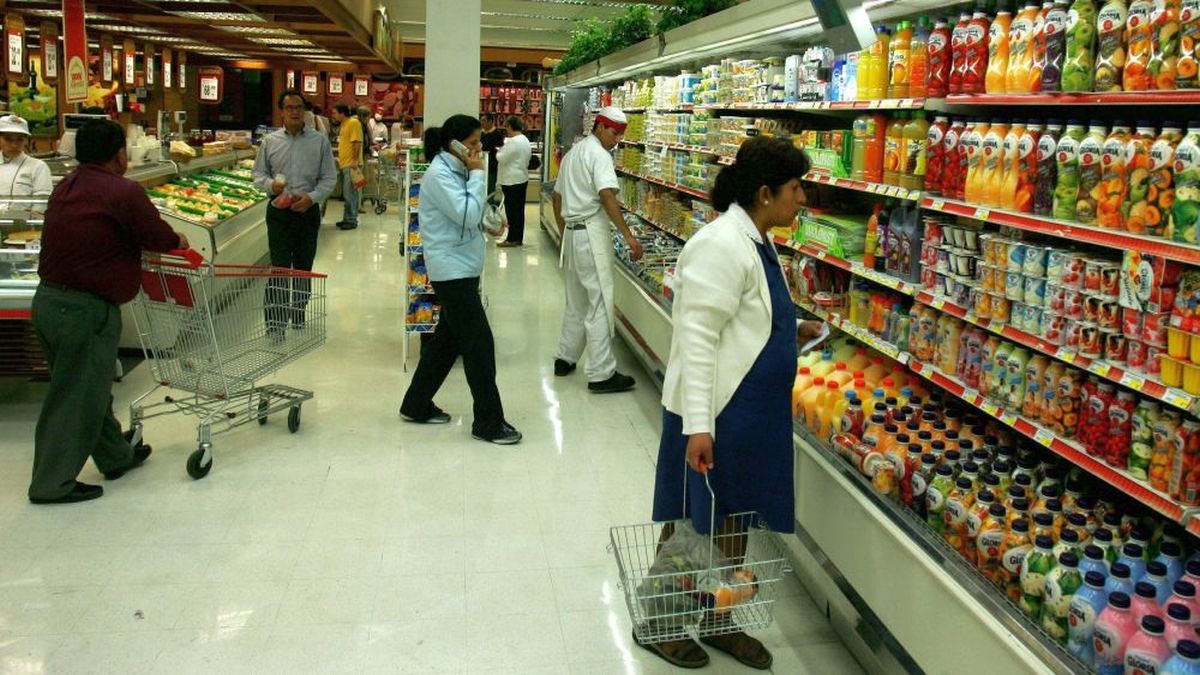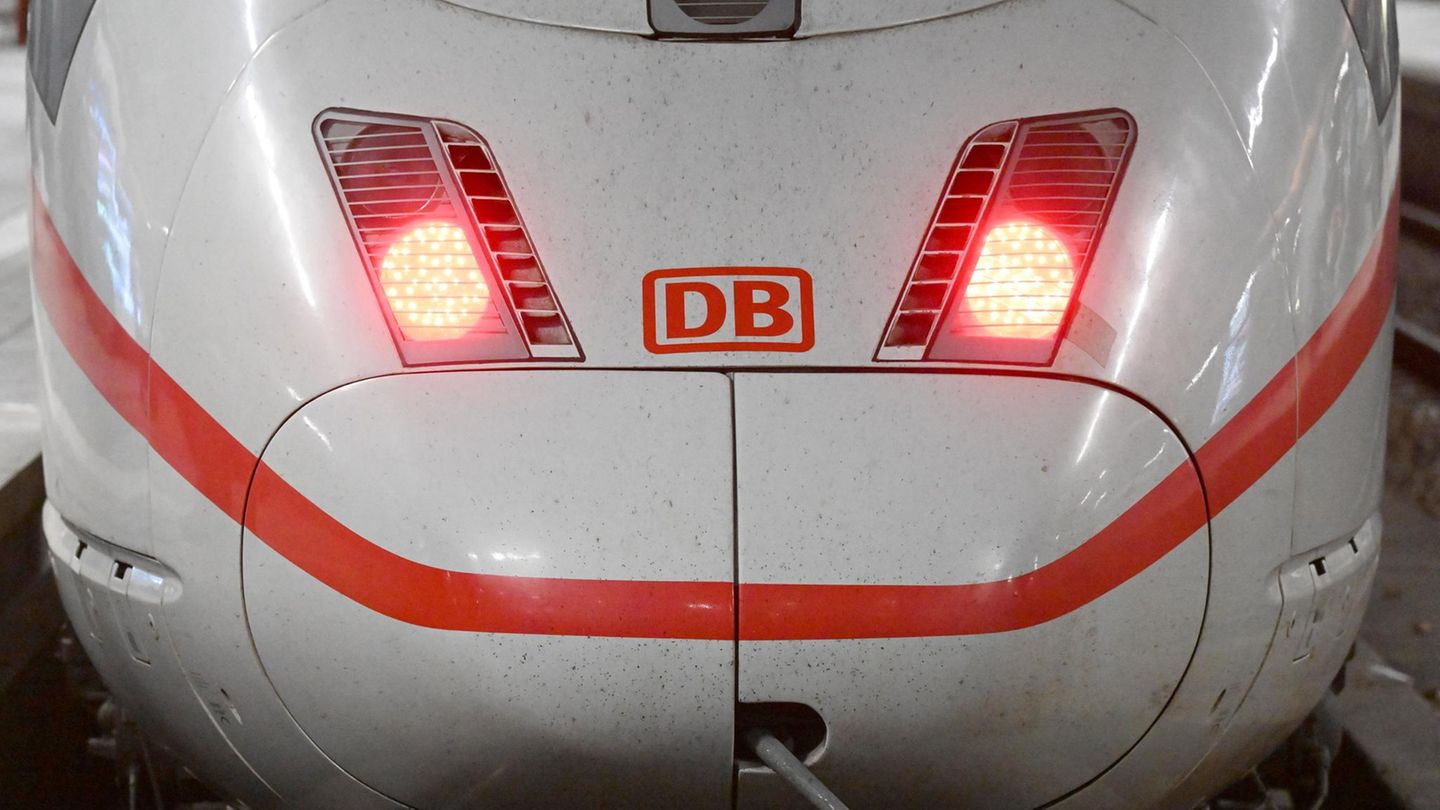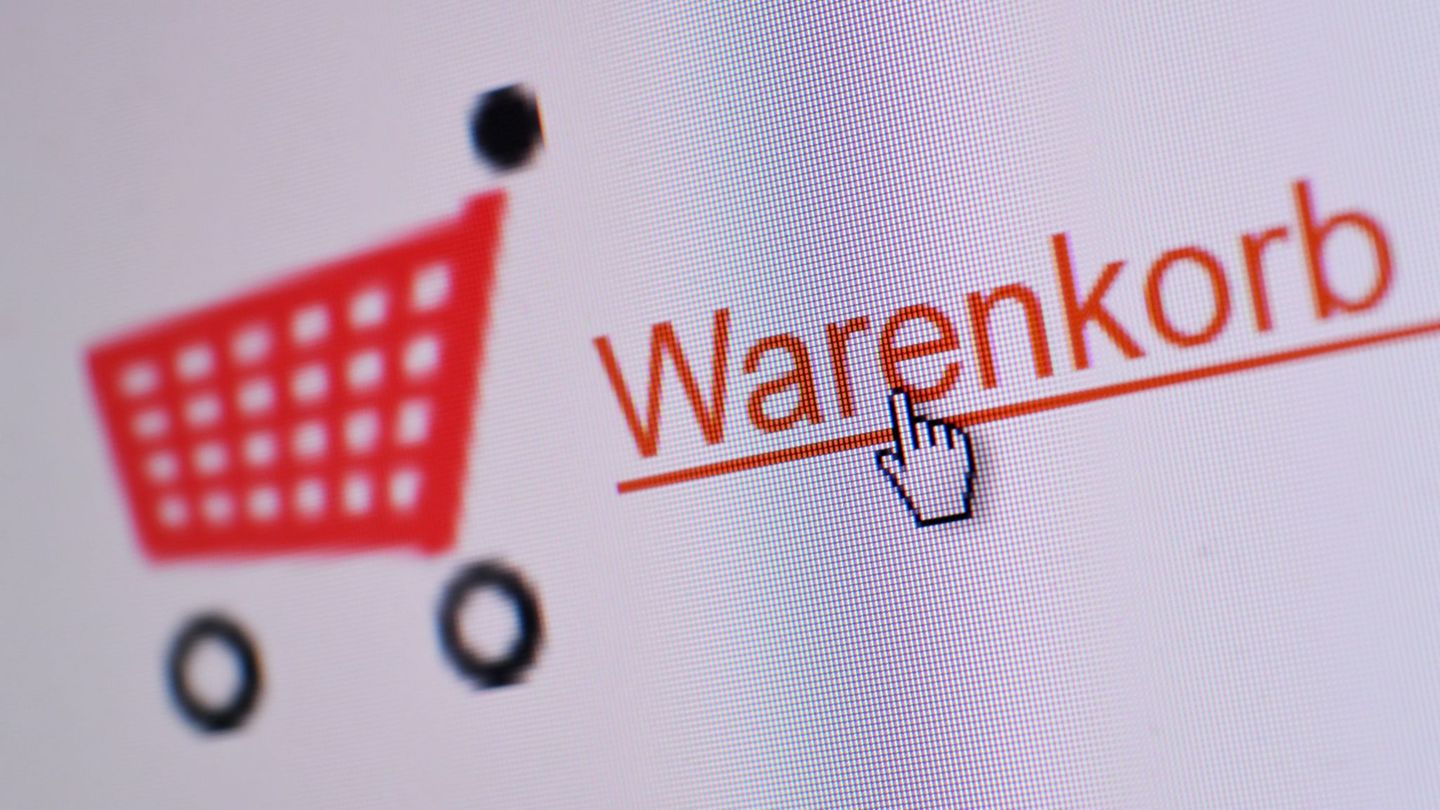However, they warn that since it was launched, its compliance is partial. They also point out various problems for its implementation, although they emphasize that it is a “positive” law that encourages investments by SMEs.
“The gondola law is positive, because it increases competition and would prevent undue price increases. Because, among other things, it establishes that 25% of the shelf space must be available to offer products made by SMEs. And 5% of the space must be used for products made by family farming, peasant or mutual companies”, pointed to Scope Hector Polino, head of the Free Consumers group, who in any case clarified: “In general, is not being fulfilled. In some supermarkets in the interior it may be true, but not in the AMBA. It is due to the difficulties inherent to the law and its regulations.”
“The problem with the Gondola Law is that the display levels are difficult to implement. Because each supplier, each supermarket, has its suppliers, its brands and its display levels. So, each one defines the assortment they want in relation to the demand”, pointed out for his part Damian DiPace, director of the consulting firm Focus Market, who explained: “The degree of control of this is very lax, because the Secretary of Commerce does not have the firepower to be controlling all the points of sale in the country. So, it’s also difficult because of that.”
“The Gondola Law wisely tries to benefit small businesses, but SMEs do not have the delivery volume that would be required to be able to be on the gondolas, access capital goods at competitive rates, have labor laws that allow them to implement its factor of production-work. They need to be able to be more competitive to get to that gondola. So, the cart is put before the horse. How to make the SME competitive? It’s not just giving him the space, you have to see how he does to get there. Therein lies the fundamental point that a proposal of this type must contemplate,” said Di Pace.
Hernan Letcher, director of CEPA, agreed that the law “It is difficult to implement, because it demands very specific things that must be controlled ‘in situ’, but there is not such a large structure as for this type of control”.
Letcher also argued that this regulation by itself would not help contain price increases: “The gondola law is a good law, which allows an environment for investment and thus competition within sectors: for example, If it is guaranteed that a small company that makes noodles can sell them on equal terms with a large one, it encourages them to want to invest. If the law is not there and the SME knows that it will compete at higher costs, and on top of that the product will not be visible, it will not want to invest. That is the dynamic of the law. But embracing the law to believe that this will resolve the price issue would not be correct. This does not mean that the law is not good.
controls
With the aim of enforcing the measures ordered by the Government, Schwindt also stressed the importance of consumers being able to report “irregularities”. “We are going to deepen the work so that consumers and users have access to complaints, to arbitration,” she explained.
Source: Ambito
David William is a talented author who has made a name for himself in the world of writing. He is a professional author who writes on a wide range of topics, from general interest to opinion news. David is currently working as a writer at 24 hours worlds where he brings his unique perspective and in-depth research to his articles, making them both informative and engaging.




